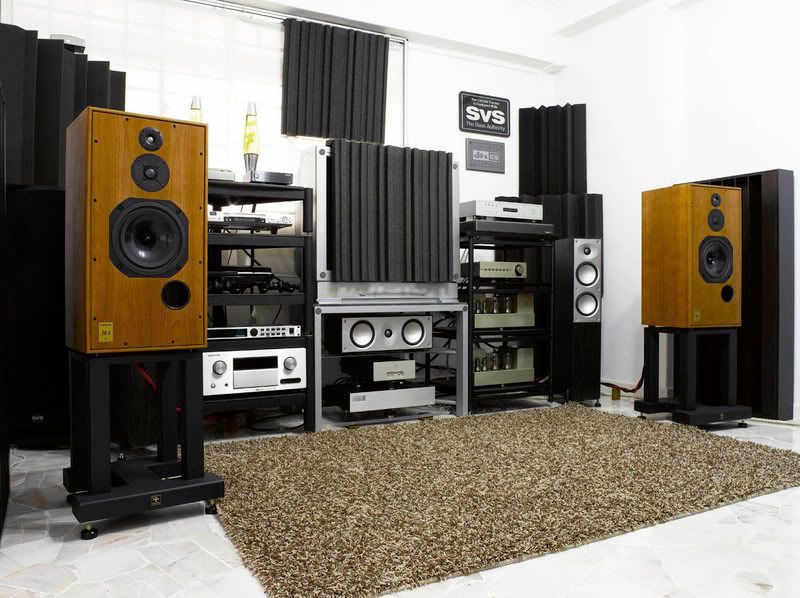Music company Pro Soul officially launches in Beijing, China
Tuesday, July 31st, 2012
I have some big news. I have merged my music production work with my music marketing and promotion company, Pro Soul Alliance.
And I’m excited to officially announce something we’ve been working on for over 2 years now, launching Pro Soul Alliance in China.
China is a huge, emerging market for the music industry, but currently in it’s infancy, and immature. Professional assistance is desperately needed due to crippling discouragement for artists attributed to the pervasive downloading of music. There is also a huge lack of ‘official’ presence for foreign artists who are becoming very popular in China. That means huge opportunity for those willing to support, develop and nurture this challenging market.
At the end of 2011, Pro Soul announced a new world class recording and production studio in Beijing as our first step. Now we are offering promotion, marketing, sales and distribution both within China and outside to our existing artists and Chinese artists through our local office in Beijing. Unlike other companies offering music services in China, we are based within China, and our local office is staffed with bilingual locals who know the market and culture, and have experience working with Chinese and international artists here.
Pro Soul has been legally registered as a Wholly Foreign Owned Enterprise in China under the name ‘敬真堂(北京)文化咨询有限公司’ Which translates to ‘Respect Truth (Beijing) Culture Consultancy Co. Ltd.’ (This was as close as we could get to our english name given the language and cultural differences. We kind of like how depending on the translation of our Chinese name, it can mean ‘Church of Truth’)
Because China is a complex and daunting market for a foreign company, we are starting out with the following basic range of services:
For Chinese artists:
- Focusing on getting Chinese artists who are ready exposure internationally
- Getting international distribution and sales for Chinese music (iTunes, Spotify, Nokia)
- Promotion and marketing for Chinese artists overseas by connecting with interested markets and fans
For International Artists:
- Digital distribution for international artists in China (including essential mobile stores China Mobile, Unicom, Telecom)
- Promotion and marketing in China focusing on key social networking sites like Weibo, Douban, Youku
- Collaboration with Chinese artists and recording traditional Chinese instruments with local professionals
As Pro Soul continues researching the industry and experimenting with new techniques for promotion and marketing music in China, we will also be offering licensing for Chinese music internationally in Film, TV, and online, expanding their revenue sources. We will also assist Chinese artists who are ready create their own business and develop music career in China to maximize their profit and control. Of course we will also be able to assist international artists book shows and organize tours in China in future.
Pro Soul has already begun assisting international artists Elika Mahony, and Hart as well as Chinese artist Abominati get exposure in China.
You can sign up right now for promotion, marketing and distribution in China with the ‘Professional Artist Management and Consulting Asia’ option on our Get Started page.
For artists within China, we have a new website entirely in Chinese with a helpful blog focused on the local market.
For more information, please contact our China artist services manager BeiBei Lei
This means you will see less posts on my blog about music business, promotion and marketing, and music production as more of those posts will be featured on the Pro Soul Alliance blog so please check it out and subscribe for some great information like how to earn money licensing music on youtube, and my latest news and projects!



















